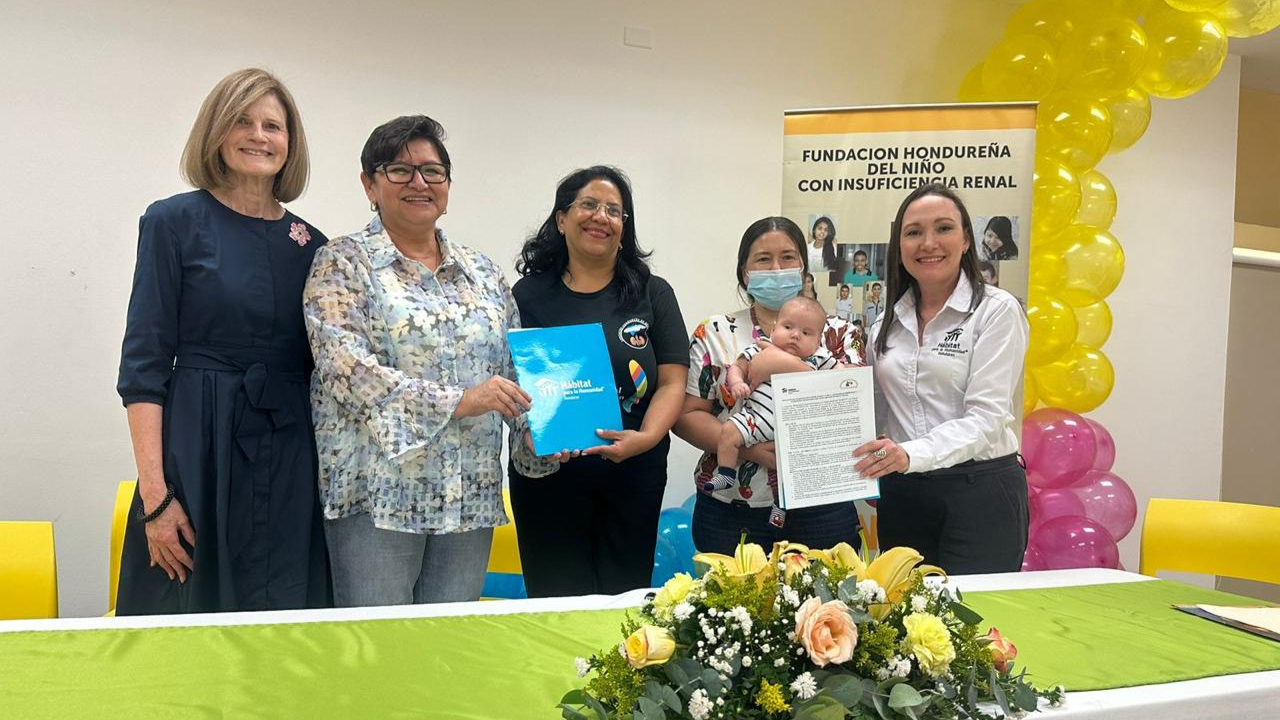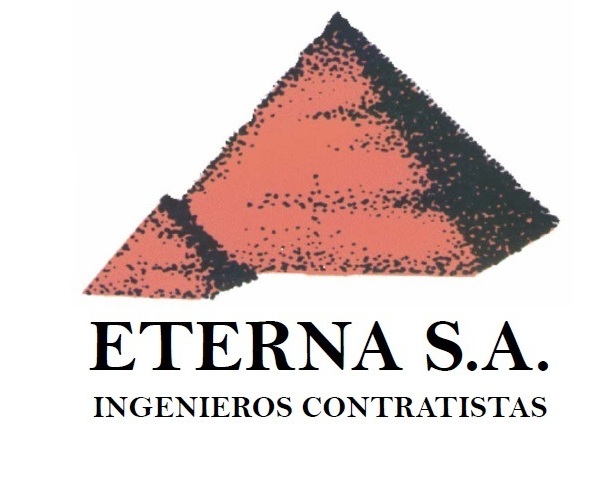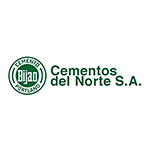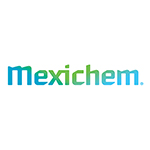Tegucigalpa, Honduras.
In the framework of World Kidney Day, Habitat for Humanity Honduras signed a cooperation agreement with the Honduran Foundation for Children with Kidney Failure (FUNHNIR), with the objective of helping more Honduran families to have an adequate place to live, and where their children with kidney failure can receive their dialysis treatment in the best hygienic conditions for the care of their health.
The agreement was signed by Martha Guillén Robleda, executive director of Habitat for Humanity Honduras; José Enrique Franco, president of the Board of Directors of this organization; and Carolina Rodríguez, president of the Board of Directors of FUNHNIR.
This collaboration also seeks to create a fundraising strategy for the improvement of housing, appealing to the solidarity and social responsibility of companies for the benefit of low-income families in FUNHNIR’s Ambulatory Peritoneal Dialysis program, so that they can regain the stability they need and their children can develop well.

In this regard, Habitat and FUNHNIR undertake to properly manage and administer the funds collected for the execution of the work of improving the homes of the families, ensuring that they meet the requirements to qualify for the benefit.
The agreement also establishes that Habitat will ensure that the selected families have peaceful possession of their homes, that they have access to basic services such as water and electricity and that they are not located in risk areas, thus guaranteeing that the dialysis of the children will take place in an adequate environment.
All this will be complemented with the gathering of information, the preparation of budgets and the construction and supervision of the homes to be improved, which must meet the required parameters, such as the replacement of roofs, plastering of walls and construction of floors and sanitary units, ensuring the proper use of resources and materials.
The agreement also establishes that FUNHNIR will co-manage with the local governments the contribution of 20% of the financial resources required for the improvement of the houses and will carry out a joint review with Habitat on the process of diagnosis and prioritization of the families’ needs.






![AmancoWavin_Vertical_Cor_CMYK[1]](https://habitathn.org/wp-content/uploads/2016/07/AmancoWavin_Vertical_Cor_CMYK1.png)




